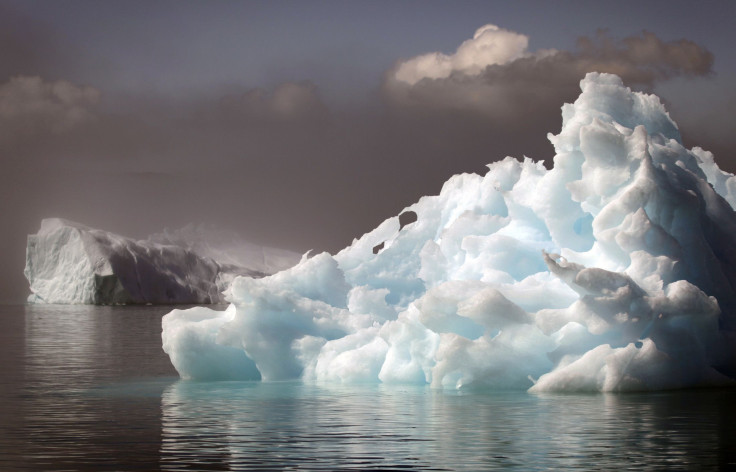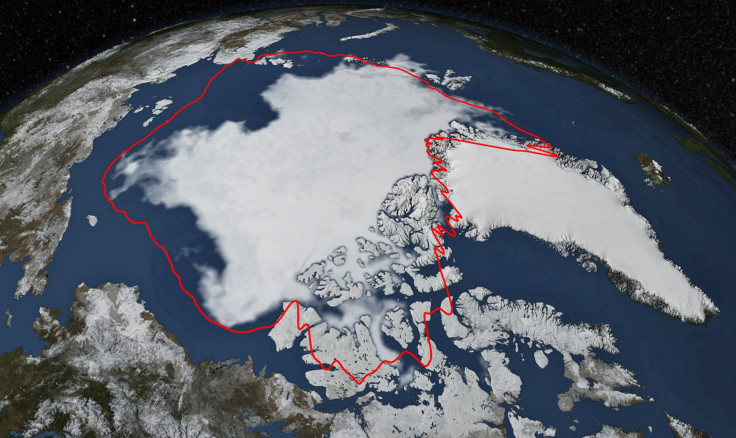Global Warming, Melting Arctic Ice Is Doubling The Risk Of Harsh European Winters, Study Says

Global warming is actually making European winters more frigid, scientists say. Melting Arctic sea ice is fiddling with the pole's wind patterns, which are blasting down bone-chilling air with greater frequency. As a result, the risk of severe winters has more than doubled in parts of Europe and northern Asia, a new study found.
Researchers, led by Masato Mori of the University of Tokyo, performed some 200 computer simulations using data from years with high and low sea-ice cover. They found that this warm world-chilly winter paradox has been happening for at least a decade, despite a global increase in mean surface air temperatures. In years in which sea ice melted the most in the Barents and Kara Seas (parts of the Arctic Ocean), the Eurasia region saw especially harsh and icy winters, according to research published Sunday in the journal Nature Geoscience.
“This counterintuitive effect of the global warming that led to the sea ice decline in the first place makes some people think that global warming has stopped. It has not,” Colin Summerhayes of the Scott Polar Research Institute, said in a statement provided by the journal.
The Guardian explained:
"The melting of sea ice influences Eurasian winters because the open ocean is darker than ice and absorbs more heat. This in turn warms the air above and weakens the high-level winds called the polar vortex. This causes meanders in the jet stream to become stuck in place. This “blocking” pattern pulls freezing air southwards out of the Arctic and, because it is stuck, the resulting severe weather can last for long periods."The Tokyo scientists, however, don’t expect this trend to last beyond a few decades. As global average temperatures rise, sea ice is likely to melt so much that the changes to wind patterns will eventually cease. “Sea-ice-driven cold winters are unlikely to dominate in a warming future climate,” according to the report.

That’s particularly dire news for the world’s walrus population. Shrinking sea ice this summer forced record numbers of walruses to “haul-out” on northern Pacific beaches because ice sheets were harder to find.
Separately this week, a new draft U.N. report concluded that climate change could have “serious, pervasive and irreversible impacts for people and ecosystems” unless nations act to reduce greenhouse gas emissions and adapt to the altered climate, Reuters reported Sunday.
Delegates from more than 100 governments and top scientists are slated to meet this week in Copenhagen, Denmark, to edit the study. The document will be used as a main guide for the countries negotiating a U.N. climate change deal in Paris in December 2015.
© Copyright IBTimes 2024. All rights reserved.





















